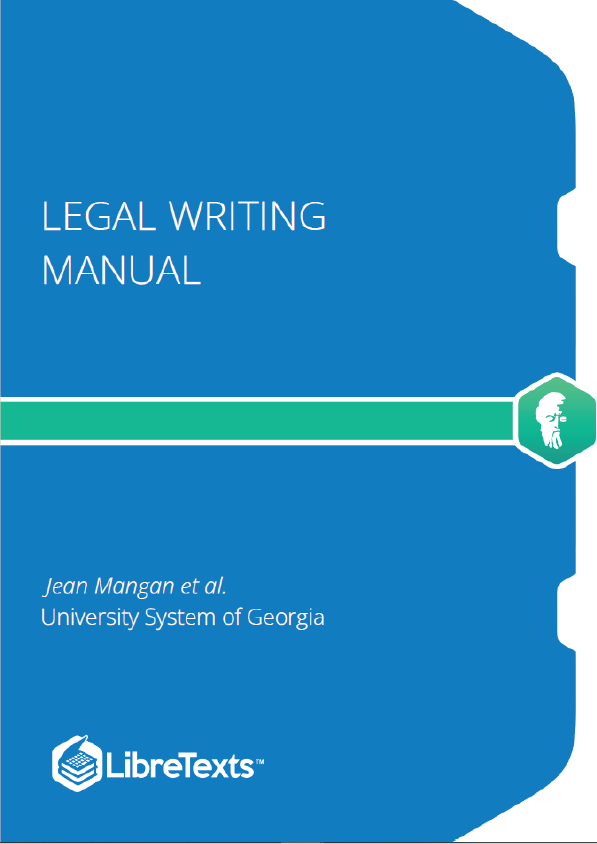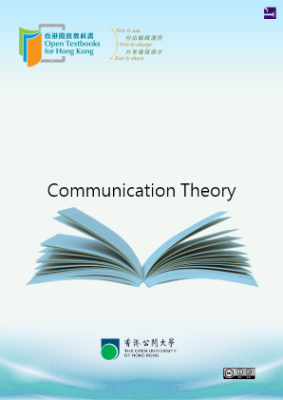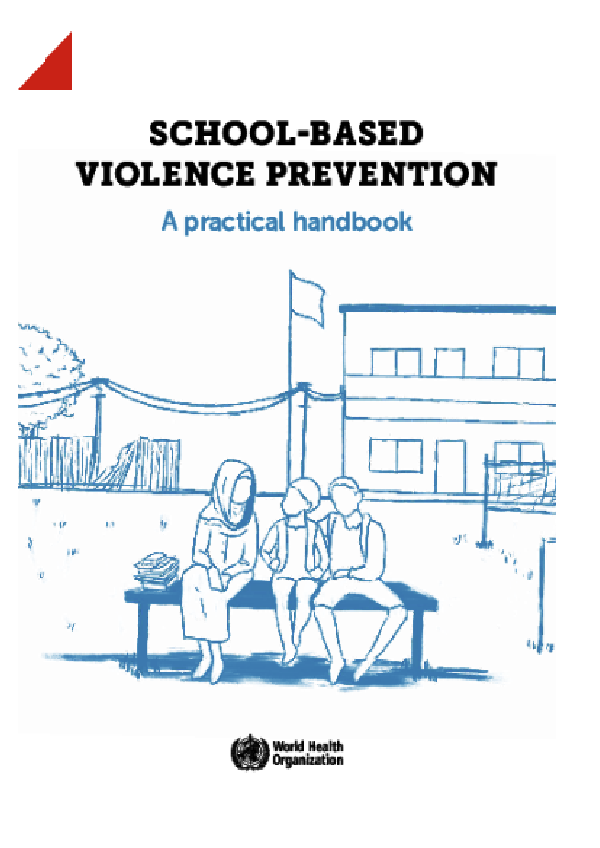One of the challenges that many law students encounter during law school is how to effectively manage their time. Many of you were high achievers at your undergraduate institutions. Some of you have also worked full-time jobs prior to entering law school and were successful in those endeavors as well. However, first-year law students often find that the techniques on which they relied previously to complete their studies are no longer sufficient. This chapter serves to offer some advice, tips, and tools to consider.
ABA Standard 310
To be accredited by the American Bar Association, law schools must comply with a series of standards that the ABA imposes. These standards are meant to ensure that students receive quality legal educations at their institutions and that their education will be beneficial for the law students’ eventual transitions into legal practice.
One of the primary standards that directly impacts you as a law student from the first day of law school is ABA Standard 310, which requires law students to spend a certain amount of time working in and out of class for each credit hour earned. American Bar Association, ABA Standards and Rules of Procedure for Approval of Law Schools 22 (2020).
The impact is that for every hour you spend in class, you should expect to spend at least two hours outside of class doing work for that class. At the University of Georgia School of Law, incoming first-year students currently take 16 hours in their fall semester. Doing the math, that means that in your fall semester, your courses are intentionally designed so that you should be spending 16 hours in class each week and at least 32 hours doing work outside of class each week. These 48 hours a week of work between attending classes, reading for classes, outlining for exams, and writing papers. This 48 hours a week does not take into account the time you need to eat healthy meals, exercise, maintain connections with your friends and family, and continue pursuing the hobbies that you currently enjoy. And yes, you should still find time to do all of these things.
Stay with me! You can do this! Every year most law students adapt to this new type of schedule and are able to be successful. The sooner you start adapting, however, the better off you will be. Your time is valuable, and how you use it matters. There are two components to effective time management that we will discuss: your weekly schedule and how you use the time during each block.
Metacognition means to engage in the process of thinking about thinking, studying how you think and learn so that you can improve how you, well, think and learn. As you read that sentence, you might have thought, “I am already trying to learn all of this legal stuff, and I don’t have time to think about how I think.” You do have time to engage in this process. In fact, you will find that the more you think intentionally about how and why you study, and then make adjustments as needed, you will actually be more efficient and effective with your studying.











